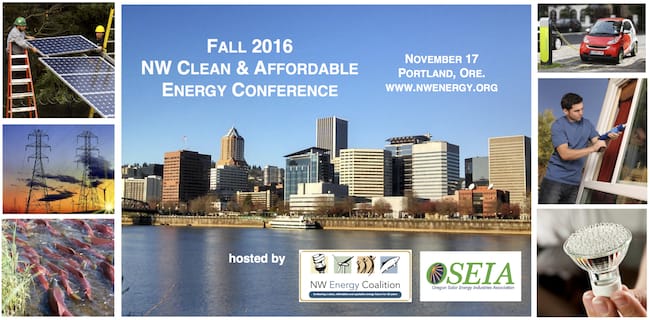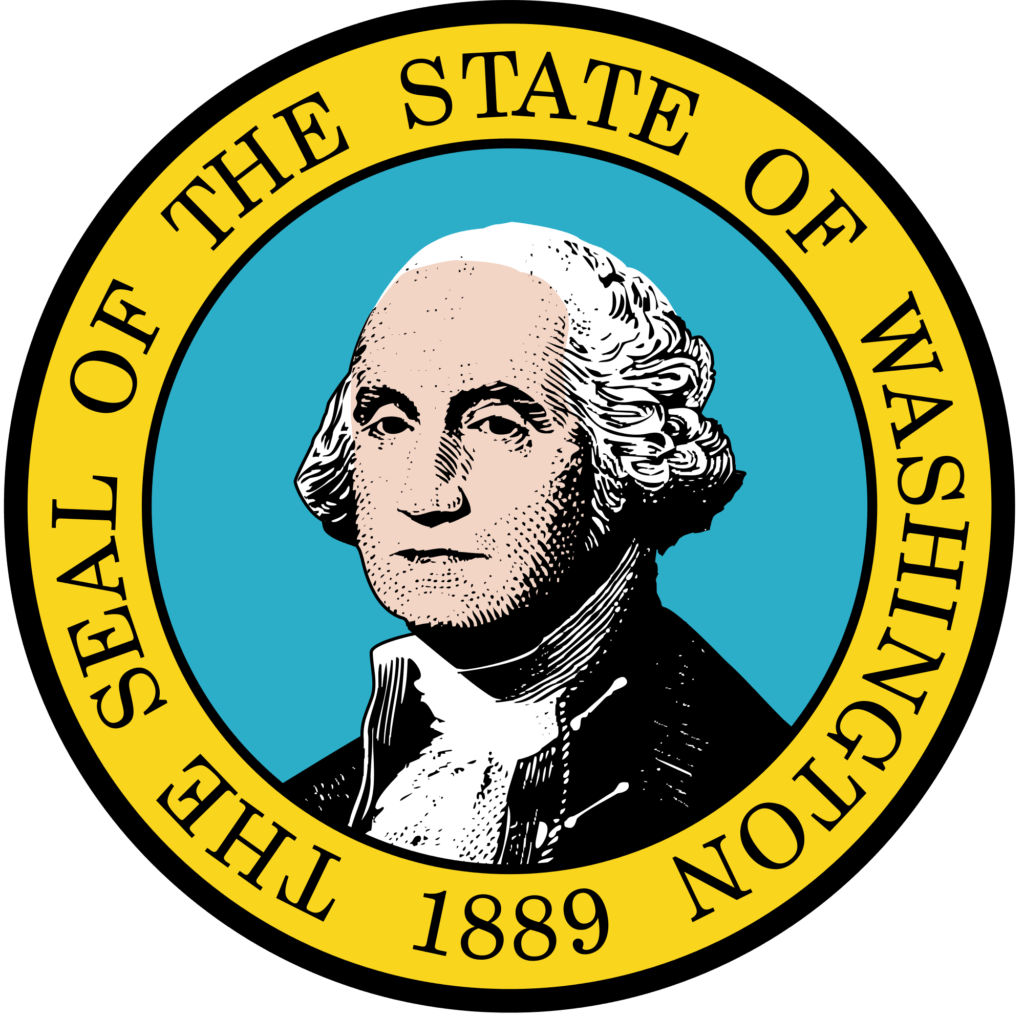By Region
NWEC weighs in on Trump environment actions
Seattle’s channel 13, a Fox affiliate, reported on local reactions to President Donald Trump’s recent executives orders that target the Clean Power Plan and the EPA’s ability to regulate carbon emissions.…
This shouldn't be happening in Oregon. Save Residential Energy Tax Credits!
At a time when energy efficiency is under attack in Washington DC, it’s also under attack in Salem where the legislature must pass HB 2681 in order for Oregonians to…
New loan options for home solar in Oregon, Idaho, and Montana
The NW Energy Coalition is partnering with Generations Credit Union and Puget Sound Cooperative Credit Union to expand solar financing in the Northwest. Oregon, Idaho, and Montana homeowners who are seeking…
Oregon can become a leader in energy efficient building
In Oregon, House Bill 2710 will help the state reform building codes in ways that: Reduce energy bills for owners and renters Make the air cleaner and temperatures more comfortable in homes…
Oppose Tacoma Power's request to double its customer service charge
Tacoma Power says the proposed increase is the best solution for low income customers. It’s not. On Tuesday, March 7, Tacoma City Council will consider a request from the public…
Spring 2017 Clean & Affordable Energy Conference — Boise!
Join the NW Energy Coalition on May 5th, 2017 for our Spring 2017 NW Clean & Affordable Energy Conference, the region’s premier clean energy conference! Today’s most important energy topics…
NW Energy Coalition supports Clean Energy First Act in Olympia
At a moment when it’s imperative that states take the lead in fighting climate change and promoting clean air and water, the NW Energy Coalition is joining five other groups in proposing the Clean Energy First Act (HB1334) in the Washington state legislature.
Remarks of Nancy Hirsh Executive Director, NW Energy Coalition Lower Snake River Dam Rally December 1, 2016
“All of us who live in the Northwest are being threatened. We’re being told that, if we remove the lower Snake River dams to restore wild salmon, we’ll have to build natural gas-fired power plants that will spew carbon dioxide into the atmosphere and drive up electric rates. In short, we’re being told, we can save wild salmon or we can have clean, abundant, affordable electricity, but we can’t have both.”
Clean up the grid and electrify everything
Amid uncertainty about what recent election results will mean for environmental policy and the fate of the planet, a remarkable clarity pervaded the NW Energy Coalition Clean & Affordable Energy conference this past Thursday in Portland. David Roberts, Vox energy and climate columnist and the conference’s keynote speaker, opened the day by reminding an audience of more than two-hundred that, regardless of coming battles and possible changes in energy and environmental policy both in Washington DC and in the Northwest, there remains a simple imperative. If we are to avoid doing catastrophic damage to the planet and to ourselves, “we must clean up the grid and electrify everything.”
Press Release: What I-732’s defeat means
The defeat of I-732, the carbon tax, should not cause anyone to question the depth and breadth of support for action to combat climate change among Washington voters. As has been widely noted, the solution embodied by I-732 divided a community that is otherwise united in its commitment to developing policies to reduce greenhouse gas emissions.











